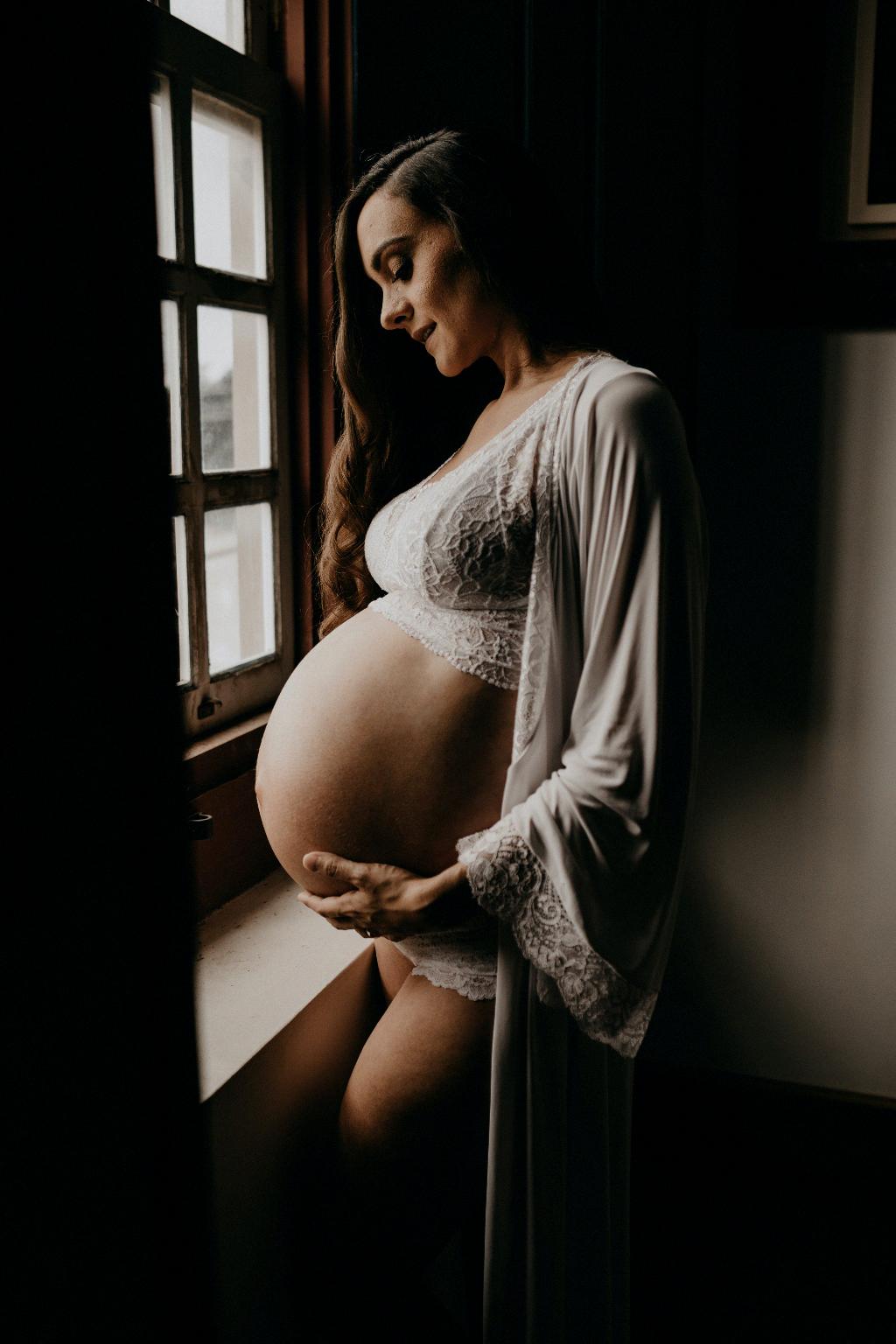When it comes to pregnancy, many women often experience various types of bleeding and spotting, with one common occurrence being implantation bleeding. This is a natural process that happens as the fertilized egg attaches to the uterine lining. Implantation bleeding should not be a cause for concern, as it is generally considered a normal and expected part of early pregnancy.
Timeline of Implantation Bleeding
Implantation bleeding typically occurs around 10 to 14 days after conception, which can vary depending on the individual’s menstrual cycle and overall health. It is important to note that this timeline is just an estimate, and some women may experience implantation bleeding slightly earlier or later in their pregnancy journey.
Characteristics of Implantation Bleeding
Implantation bleeding is often characterized by light spotting or a small amount of blood, which may appear pinkish or brownish in color. This distinguishes it from a regular menstrual period, which tends to be heavier and accompanied by other menstrual symptoms. The duration of implantation bleeding can vary from a few hours to a few days.
Signs of Implantation Bleeding
It is essential for women to be able to recognize the signs of implantation bleeding to differentiate it from other types of bleeding during pregnancy. In addition to the timing and characteristics of the bleeding, some women may also experience mild cramping or discomfort in the lower abdomen during implantation bleeding.
Consulting a Healthcare Provider
If a woman suspects she is experiencing implantation bleeding or has any concerns about bleeding during pregnancy, it is recommended to consult a healthcare provider for further evaluation. A healthcare provider can provide guidance, support, and determine if the bleeding is indeed related to implantation or if further investigation is needed.
Factors Influencing Implantation Bleeding
Various factors can influence the occurrence and duration of implantation bleeding, such as the timing of conception, hormone levels, the health of the uterine lining, and individual variations in the menstrual cycle. It is essential for women to be attentive to their bodies to recognize any changes or abnormalities during early pregnancy.
Healthy Pregnancy Practices
During pregnancy, it is crucial for women to adopt healthy practices to support their overall well-being and that of the developing fetus. This includes maintaining a balanced diet, staying hydrated, getting regular exercise, managing stress, attending prenatal appointments, and following any recommendations provided by healthcare providers.
Monitoring Pregnancy Symptoms
As pregnancy progresses, women may experience a wide range of symptoms and changes in their bodies. It is important to monitor symptoms closely, including bleeding, cramping, nausea, fatigue, and other changes, and communicate any concerns or unusual symptoms with a healthcare provider to ensure the health and safety of both mother and baby.
Emotional Well-being During Pregnancy
Pregnancy is a transformative and emotional journey for many women, filled with highs and lows. It is essential for women to prioritize their emotional well-being during this time, seeking support from loved ones, healthcare professionals, and mental health resources if needed. Open communication and self-care are crucial aspects of navigating the challenges of pregnancy.
Final Thoughts on Implantation Bleeding
In conclusion, implantation bleeding is a common occurrence during early pregnancy, typically happening around 10 to 14 days after conception. While it may cause some worry or uncertainty for women, it is generally considered a normal and expected part of the pregnancy process. By staying informed, attentive, and seeking guidance from healthcare providers, women can navigate implantation bleeding and other pregnancy-related changes with confidence and peace of mind.

